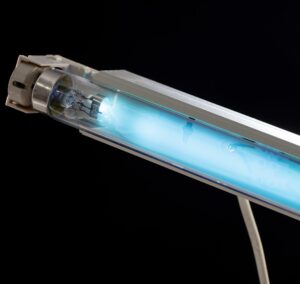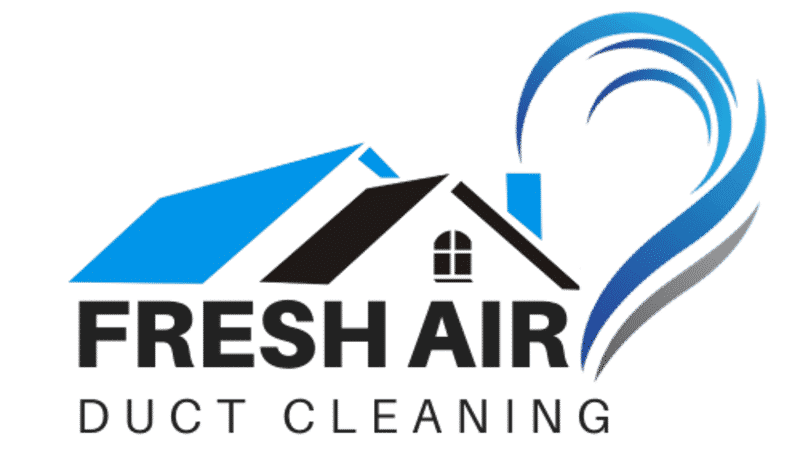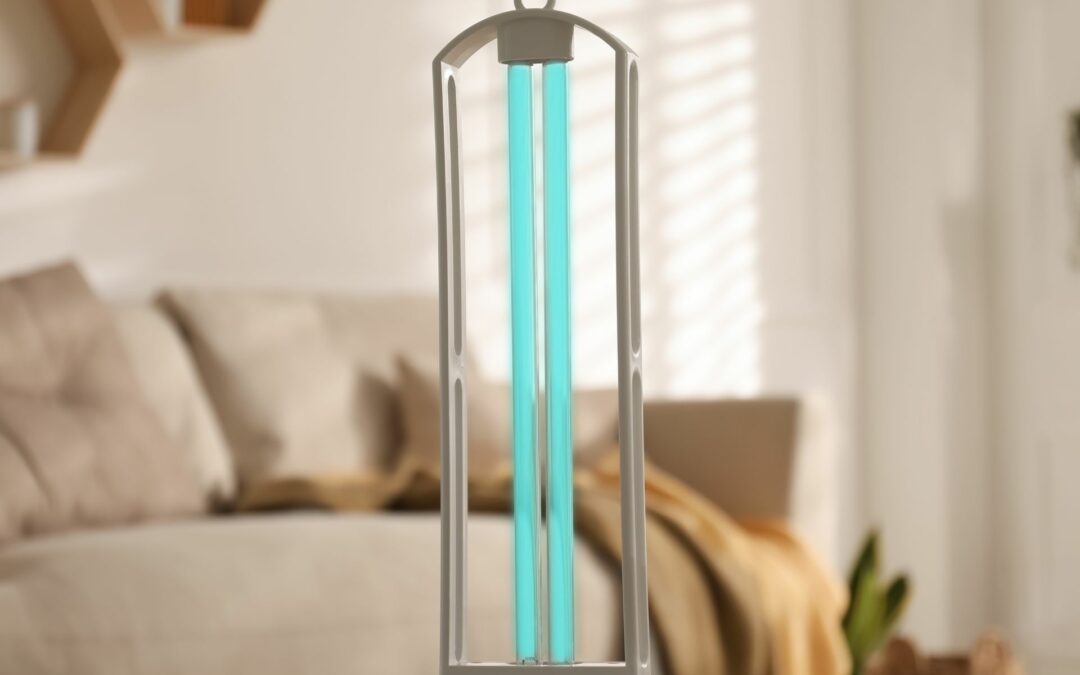Even years after the outbreak of COVID-19, you and your loved ones are probably curious as to how to keep your indoor air clean. Many methods and technologies claim to bear effective results in air purification. One of these technologies is UV air purifiers. UV air purifiers utilize ultraviolet light to remove harmful particles from the air. Today, however, the biggest question about UV air purifiers will be answered, this question being: “Are UV air purifiers safe?”
How UV Air Purifiers Work
In order to help you fully understand the extent to which UV air purifiers are safe, let’s go over how they work. UV air purifiers come in the form of lamps since the light itself is being used to maintain clean indoor air quality. These lamps are usually mounted near ceilings, purifying the room from top to bottom. The target of these UV lights is microorganisms that negatively impact indoor air quality, such as pollen, bacteria, and allergens, among many others. Now that you know how UV air purifiers work, it’s time to explore how to use them safely.
Are UV Air Purifiers Safe To Use?
The answer to the question, “are UV air purifiers safe” can be summarized as “with specific precautions implemented, yes.” It’s important to remember that you need to be careful about what kind of ultraviolet light your air purifier produces, as some are more likely to cause harm than others. When looking for a reliable UV air purifier, you are most likely to purchase one that produces UV-C rays.
UV-C rays are considered to be most effective in damaging airborne microorganisms. However, these should not be used as your only form of defense against indoor air pollution. A UV air purifier that produces UV-C rays can actually be harmful and less effective on its own and requires precautionary measures.
To protect yourself from the side effects of UV-C ray exposure, UV air purifiers need to be contained in a HEPA (High-efficiency particulate arrestance) air filtration system. A HEPA system will not only keep you and your loved ones safe from UV-C rays but also prevent ozone from forming inside your home. Though many manufacturers include a special coating to keep the UV light from turning the oxygen in your home into ozone (or rearranging the molecules from O2 into O3), a HEPA system will provide that extra protection.
When searching for a UV air purifier, make sure to include features that will keep you and your loved ones safe while allowing it to effectively purify the air in your home. UV air purifiers on their own are not worth the price. Features such as a HEPA system will protect yourself and others as well as enhance the effectiveness of UV air purifiers.
When Are UV Air Purifiers Effective?
While UV air purifiers, when used safely, are incredibly effective at combatting microorganisms, they aren’t going to be effective against every airborne contaminant. While UV air purifiers became popular during COVID-19, they are actually considered ineffective against viruses. Although UV air purifiers won’t serve as the first line of defense against viruses, they will be most effective in reducing the spread of mold and mildew, and various allergens.

At Fresh Air Duct Cleaning, We Also Work With UV Air Purifiers!
If you are looking for additional ways to keep your indoor air clean and bacteria-free, getting a UV air purifier with a HEPA system will provide the perfect boost to maintaining breathable air in your home. Think of UV air purifiers as an HVAC system reinforcement that, when used safely, can make a world of difference to your home air quality. Hopefully, this blog has finally answered the question, “are UV air purifiers safe?”, to your satisfaction. If you are interested in installing a UV air purifier, our technicians at Fresh Air Duct Cleaning will be happy to help. Contact us today for that much-needed enhancement to your home HVAC system.

